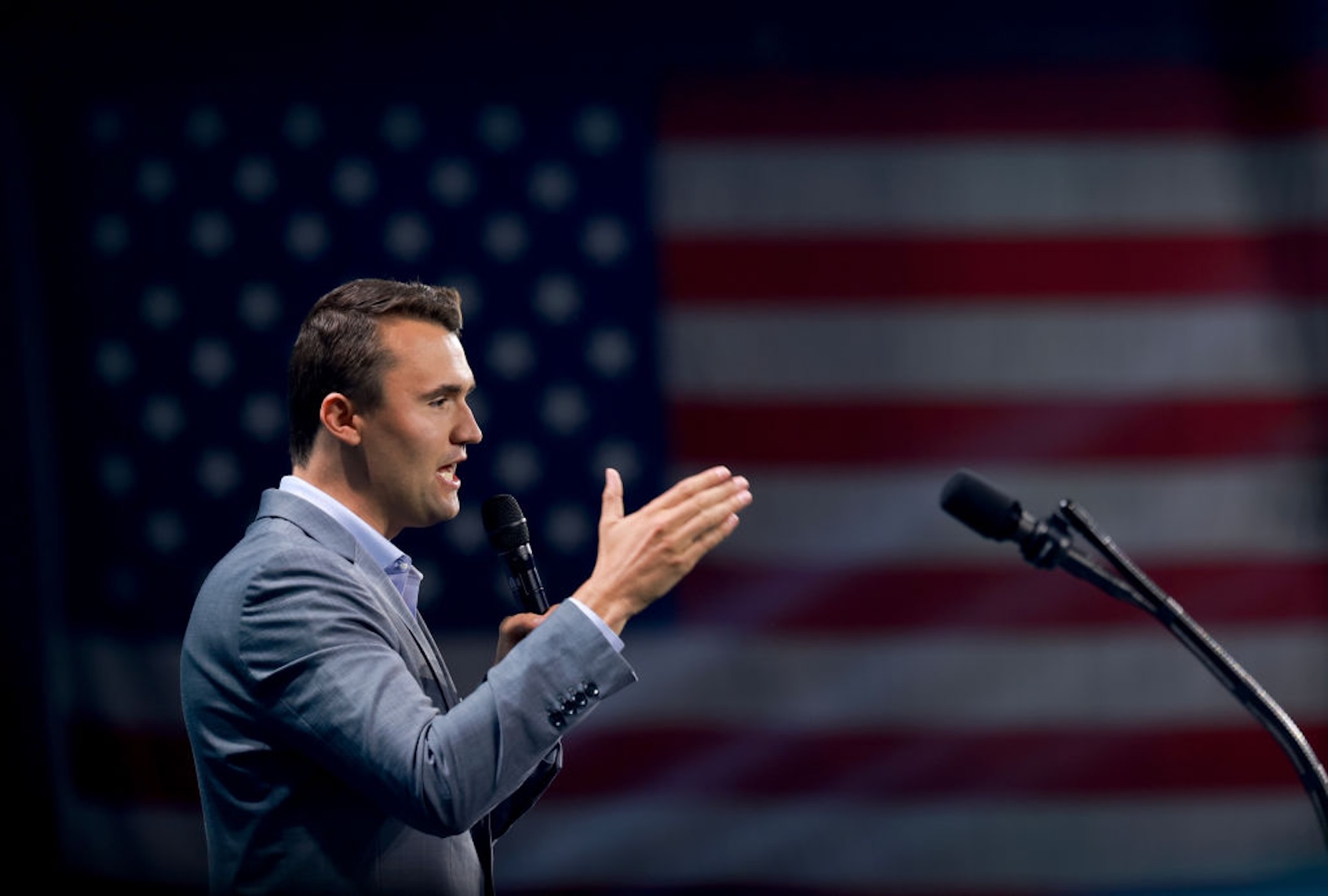The fatal shooting of conservative activist Charlie Kirk on September 10, 2025, has ignited concerns about escalating political violence in the United States. Kirk was shot during an event at Utah Valley University, marking a troubling incident that underscores a significant rise in threats against political figures across the nation.
In an interview with Alfonso Serrano, a politics editor at The Conversation, Arie Perliger, a scholar from the University of Massachusetts Lowell, shared insights into the implications of Kirk’s death. Perliger, an expert in political violence and assassinations, noted that attacks on non-elected activists are rare, which adds to the gravity of this incident.
Implications of Political Polarization
Perliger explained that political assassinations often occur in waves, creating an environment where individuals on the extreme ends of the political spectrum feel compelled to retaliate. He expressed serious concerns about the normalization of violence in political discourse. “This will not end here,” he stated, warning that Kirk’s assassination may embolden others to resort to violence.
Recent years have witnessed a concerning trend in threats against politicians, with a notable increase in supportive attitudes toward political violence. According to Perliger, “Almost a quarter of the public is willing to support political violence in some form.” He attributes this to rising political polarization and a growing demonization of political opponents, which has led to a decline in meaningful discourse and collaboration in policymaking.
The past year has seen alarming incidents, including two assassination attempts against former President Donald Trump in 2024 and a firebombing of Pennsylvania Governor Josh Shapiro‘s residence. The killing of Minnesota state legislator Melissa Hortman and her husband further illustrates this troubling trend.
The Role of Colleges in Political Discourse
Kirk’s assassination on a college campus raises additional concerns about the state of political debate in educational institutions. Perliger highlighted that campuses, traditionally seen as spaces for intellectual exploration and debate, have become increasingly volatile. “What we’ve seen in the past year is that campus life has become in some cases more violent,” he remarked, noting that the atmosphere now often lacks the openness necessary for constructive dialogue.
The current political climate is marked by hostility, where opposing sides often refuse to engage in meaningful discussions. This trend reflects a broader societal issue, where political adversaries are viewed simplistically as threats rather than individuals with differing perspectives.
In response to Kirk’s death, Trump criticized media narratives and “radical left” rhetoric, claiming such language fuels terrorism. Perliger agreed that political discourse influences behavior but pointed out the paradox of Trump’s history of supporting those involved in political violence. He emphasized the need for politicians to adopt a more constructive approach to dialogue.
Political leaders, according to Perliger, must work collaboratively to mitigate political violence. He advocates for a restructured political process that encourages the competition of ideas and fosters constructive policymaking. “When we see that people can work together within the political system, that sends an important message,” he said.
As the situation evolves, Perliger expressed concern about the rhetoric emerging from both extremes of the political spectrum. He noted an alarming trend of glorifying violence in online communities and a heightened willingness to discuss retaliation. “Emotions are running very high, and I’m very worried about what may happen in the next few weeks,” he concluded.
The aftermath of Charlie Kirk’s assassination serves as a stark reminder of the urgent need for dialogue and cooperation in a deeply divided political landscape. As tensions rise, both leaders and citizens must recognize the power of language and the importance of promoting a culture of constructive discourse.
